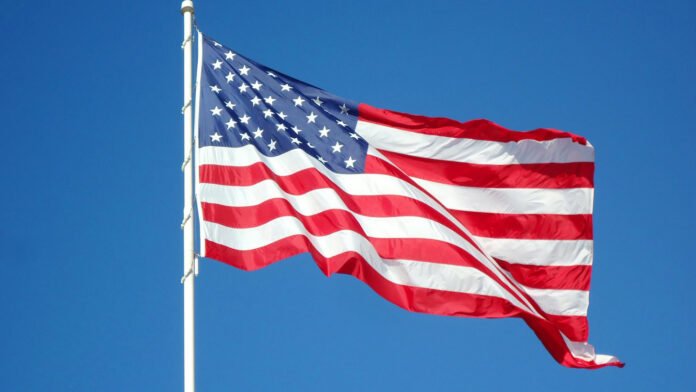This Independence Day marks 249 years since the adoption of the Declaration of Independence, a revolutionary document that announced an end to the ties between the American colonies and the British crown. But the fight for freedom didn’t begin with words—it started with arms.
In April 1775, the “shot heard ‘round the world” launched the American Revolution when British troops marched to confiscate the peoples’ firearms. That clash at Lexington and Concord wasn’t just the start of a war; it was a bold defense of the individual’s right to keep and bear arms.
As we celebrate July 4 and prepare to celebrate the 250th anniversary of the Declaration next year, we should reflect on how deeply the spirit of the Second Amendment is rooted in our founding.
- The Revolution Started Over Attempted Gun Confiscation
This pivotal event, often overshadowed by other aspects of the Revolution, was a clear demonstration of the importance of the right to bear arms in our nation’s history.
Contrary to what many believe, the American Revolution wasn’t sparked by taxes or tea—it was triggered by gun control. On April 19, 1775, British forces departed from Boston to seize the weapons and ammunition stored by local militias in Concord, Mass. At Lexington Green, they were met by armed colonists refusing to back down. The confrontation escalated into what Ralph Waldo Emerson famously called “the shot heard ’round the world.”
The message was clear: A disarmed people cannot be free.
- The Founders Saw the Militia as the People—Not the Government
When the Second Amendment speaks of a “well-regulated militia,” it’s referring to everyday Americans. The Founders envisioned a nation where citizens, not standing armies, were the last line of defense against tyranny. James Madison wrote in Federalist No. 46 that Americans are “armed and disciplined,” unlike citizens of other nations.
- The Declaration Was a Call to Arms
While the Declaration of Independence, adopted on July 4, 1776, is celebrated for its eloquent language and ideals, it also served as a call to action. It laid out a list of abuses by the British crown—many of which involved infringement on local self-governance, property rights and personal liberty—and justified armed resistance, a call that was answered by brave patriots across the colonies.
- Firearms Were a Daily Necessity in Colonial Life
In early America, owning a gun wasn’t a political statement—it was survival. Firearms were used for hunting, home defense, community security and resisting threats, both foreign and domestic. Every able-bodied male was expected to be armed and ready to defend his home and country.
- Thomas Jefferson Believed Armed Citizens Preserved Liberty
Thomas Jefferson famously said, “No free man shall ever be debarred the use of arms.” He and other Founders viewed firearm ownership not as a privilege granted by the government, but as a natural right of self-preservation.
- The Second Amendment Was Born from the Revolutionary Experience
When the Constitution was ratified, many states demanded a bill of rights to safeguard individual liberties—including the right to bear arms. The Second Amendment, ratified in 1791, wasn’t theoretical, it was forged from lived experience, where the lack of arms could have meant submission to tyranny.
- July 4 Wasn’t an Official Federal Holiday Until 1870
Despite its significance, Independence Day wasn’t recognized as a federal holiday until nearly a century after the signing. Congress finally passed the legislation in 1870, and it became a paid holiday for federal workers in 1938.
- The Declaration Rights Exist Independent of the Government Four Times
The Declaration appeals to a higher authority beyond government: “Nature’s God,” “Creator,” “Supreme Judge” and “Divine Providence.” These references were not empty phrases, but were deep affirmations that liberty is inherent, not a royal favor.
- Freedom Has Always Had Its Critics
In 1776, some colonists still supported the English king. Founders like John Hancock and Benjamin Franklin risked execution for treason. Defending liberty has never been unanimously supported and still isn’t today; however, the courage to stand firm against overreach defines the American spirit.
- Freedom Must Be Defended in Every Generation
From Lexington in 1775 to modern courtrooms and legislatures, the fight to protect the right to bear arms has continued. Today, organizations and patriots across the country work tirelessly to ensure that freedom is never forgotten and that good citizens are not disarmed.
This Fourth of July, as fireworks light the sky, remember that our liberty was born not just with ink on parchment, but with powder and lead. Patriots stood tall against the world’s strongest army, not because they were ordered to, but because they believed in something greater: that freedom is worth fighting for.






